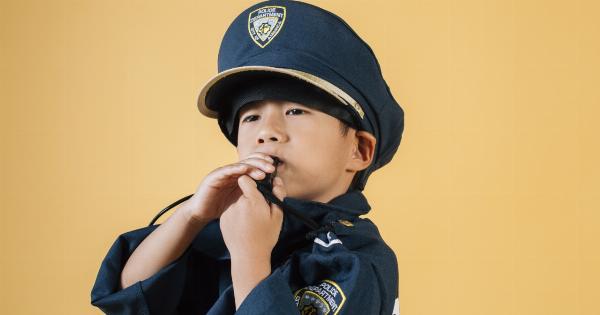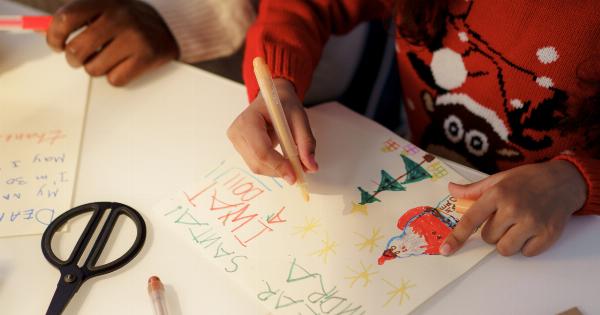Santa Claus is a beloved figure that brings joy and happiness to children all over the world during the holiday season. Parents take great lengths to keep this magical figure alive in their children’s hearts for as long as possible.
However, there comes a time when children begin to question if Santa Claus is real. In this article, we will explore the reasons behind why children stop believing in Santa Claus and at what age this typically happens.
The Beginning of Belief
Believing in Santa Claus is a magical time in a child’s life. It starts off with the most iconic part, which is writing a letter to Santa.
Kids are taught to write their Christmas wishes and send them to the North Pole, hoping that Santa will deliver the presents they asked for. This is then followed by the anticipation of Santa Claus coming down the chimney on Christmas Eve.
The excitement of putting out cookies and milk for him is almost too much for children to handle, and they can hardly wait until morning when they will see what Santa has brought them. This is the initial phase of a child’s belief in Santa Claus.
The Role of Parents
Parents play an integral part in keeping the spirit of Santa alive in their children’s lives. From taking their kids to sit on Santa’s lap, to helping them make their Christmas wish list, parents are the ones who make the magic happen.
Some parents go as far as to create elaborate lies, such as telling their children that Santa’s elves are always watching to ensure good behavior. Parents also take on the task of pretending to be Santa Claus, leaving presents under the tree while their children sleep. All of this is done to keep the magic of Santa Claus alive.
The Beginning of the End
Despite the many efforts of parents to keep the magic of Santa Claus alive, there comes a time when children begin to question if Santa is real.
There is no exact age when this happens, as every child is different, but typically it starts to occur around the age of six or seven. Children begin to notice that Santa Claus looks different in every store, and his reindeer seem to magically fly without any propulsion. It is at this point that children start to ask their parents if Santa Claus is real.
Peer Pressure
Another reason why children stop believing in Santa Claus, especially in today’s society, is peer pressure. Kids at school start to tell their classmates that Santa is not real.
They might hear stories about how they found their parents wrapping presents or how Santa could not possibly make it to every house in one night. These doubts start to creep into the minds of young children, and they begin to question if what they have been taught is true.
An End to Innocence
As children grow older, they become more skeptical of the world around them. They start to realize that the Tooth Fairy and the Easter Bunny are not real, and this realization extends to Santa Claus.
Believing in Santa Claus is a sign of innocence, and unfortunately, this innocence is lost as children grow older. Many parents try to keep the magic of Santa Claus alive for as long as possible, but eventually, children have to face the fact that Santa Claus is not real.
The Importance of Family Traditions
Despite the fact that children eventually stop believing in Santa Claus, the memories and traditions that come with the holiday season are still important.
Building family traditions around Christmas can create lasting memories that children will cherish for years to come. Continuing the practice of leaving cookies and milk out for Santa, even after children have stopped believing in him, is a way to keep the spirit of Christmas alive.
The Final Goodbye
When children finally realize that Santa Claus is not real, it can be a sad and emotional time for them.
Parents should be there to comfort their children and explain that while Santa Claus is not a real person, the spirit of Christmas is still very real. Children can still enjoy the magic of the holiday season, even though they know that Santa Claus is not coming down the chimney.
Conclusion
In conclusion, children stop believing in Santa Claus for many reasons. It could be because of peer pressure, a loss of innocence, or simply because they have grown too old for the idea of a magical man delivering presents on Christmas Eve.
Ultimately, it is up to parents to create traditions and memories that will last even after their children stop believing in Santa Claus.




























